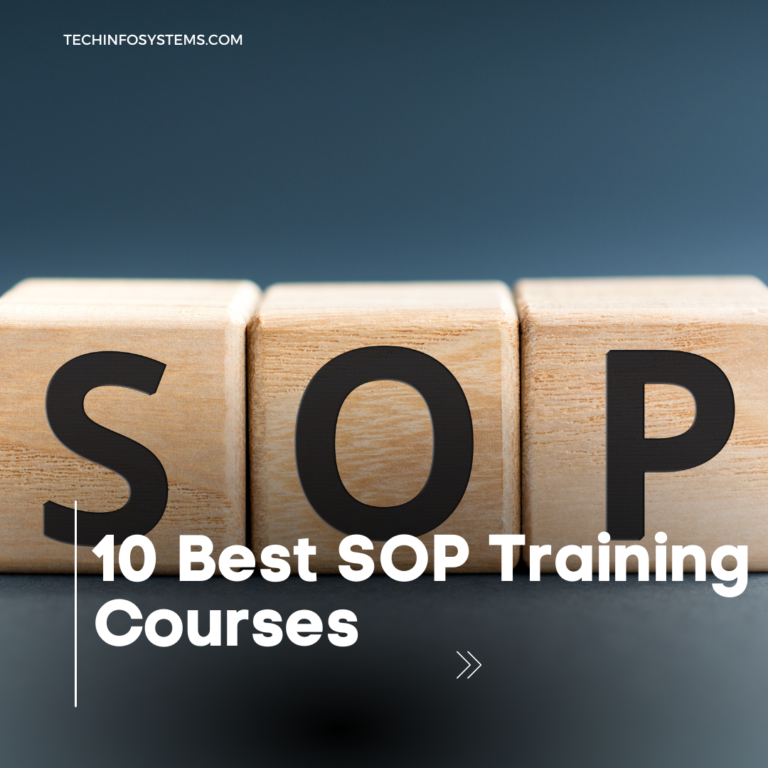how to become a freight broker and dispatcher?

Mastering the Dual Role: How to Become a Freight Broker and Dispatcher
In the dynamic world of logistics and transportation, the roles of freight broker and dispatcher are integral components of the supply chain. While distinct, these roles often intersect, with professionals performing both functions to streamline operations and enhance efficiency. If you’re intrigued by the prospect of mastering the dual role of freight broker and dispatcher, this comprehensive guide will illuminate the path to success and equip you with the knowledge and skills needed to thrive in the industry.
Understanding the Roles of Freight Broker and Dispatcher
Before delving into the specifics, it’s crucial to grasp the distinctions between the roles of freight broker and dispatcher. A freight broker acts as a liaison between shippers and carriers, negotiating rates, arranging shipments, and ensuring compliance with regulations. On the other hand, a freight dispatcher focuses on coordinating the movement of goods, managing schedules, and resolving logistical challenges in real-time.
Educational Background and Skills Required
1. Educational Requirements
While there are no formal educational requirements to become a freight broker or dispatcher, having a strong foundation in logistics, business administration, or a related field can be advantageous. Consider pursuing coursework or certifications to acquire relevant knowledge and skills.
2. Essential Skills
- Negotiation Skills: Freight brokers must possess strong negotiation skills to secure favorable rates and terms from carriers while ensuring profitability for their clients.
- Communication Skills: Effective communication is essential for both freight brokers and dispatchers to liaise with clients, carriers, and other stakeholders in the supply chain.
- Problem-Solving Ability: Freight dispatchers must exhibit quick thinking and resourcefulness to address unexpected challenges and minimize disruptions in transportation operations.
Gaining Practical Experience
1. Entry-Level Positions
Consider starting in entry-level positions within the logistics industry to gain practical experience and familiarize yourself with industry practices and procedures. Roles such as logistics coordinator or administrative assistant can provide valuable insights into the intricacies of freight brokerage and dispatching.
2. Internships and Training Programs
Participating in internships or enrolling in training programs specific to logistics and transportation can offer hands-on experience and exposure to industry-specific tools and software.
Obtaining Licenses and Certifications
1. Freight Broker Authority
Obtain freight broker authority from the Federal Motor Carrier Safety Administration (FMCSA) to legally operate as a freight broker. This authority is required to arrange transportation services on behalf of shippers and carriers.
2. Brokerage and Dispatcher Certifications
Consider pursuing certifications such as the Certified Transportation Broker (CTB) designation or the Certified Dispatcher designation to enhance your credibility and demonstrate your expertise in the field.
Building a Network in the Industry
1. Establishing Relationships with Carriers and Shippers
Forge strong relationships with carriers and shippers to expand your network and access a wide range of transportation options. Cultivate trust and reliability to become the preferred partner for transporting goods.
2. Networking Events and Professional Associations
Attend industry events, conferences, and trade shows to network with key stakeholders and stay updated on industry trends and developments. Join professional associations such as the Transportation Intermediaries Association (TIA) or the National Association of Small Trucking Companies (NASTC) to connect with industry peers and access valuable resources.
Utilizing Technology and Software Solutions
1. Transportation Management Systems (TMS)
Invest in robust technology solutions such as TMS to streamline operations, track shipments in real-time, and optimize routing efficiency.
2. Dispatching Software
Explore dispatching software platforms that automate scheduling, manage driver assignments, and provide real-time visibility into transportation operations.
Marketing and Promotions
1. Building a Strong Online Presence
Create a professional website and leverage social media platforms to showcase your services, share industry insights, and engage with potential clients.
2. Content Marketing and Thought Leadership
Publish informative blog posts, whitepapers, and case studies that demonstrate your expertise in freight brokerage and dispatching, positioning yourself as a trusted authority in the industry.
Conclusion: Embarking on a Fulfilling Journey
Becoming a freight broker and dispatcher requires a combination of education, practical experience, industry knowledge, and networking savvy. By honing essential skills, obtaining relevant licenses and certifications, and leveraging technology solutions, you can position yourself for success in the dynamic and fast-paced world of logistics and transportation. Embrace the challenges, seize the opportunities, and embark on a fulfilling journey as a master of the dual role of freight broker and dispatcher.
FAQs
- What exactly does a freight broker do, and how does it differ from a dispatcher?
A freight broker acts as an intermediary between shippers and carriers, negotiating rates and arranging shipments. A dispatcher, on the other hand, coordinates the movement of goods, manages schedules, and resolves logistical challenges in real-time.
- What educational background is required to become a freight broker and dispatcher?
While there are no specific educational requirements, having a background in logistics, business administration, or a related field can be advantageous. Courses or certifications in transportation and logistics management can also be beneficial.
- Do I need any licenses or certifications to work as a freight broker and dispatcher?
Yes, as a freight broker, you need to obtain freight broker authority from the Federal Motor Carrier Safety Administration (FMCSA). While certifications are not mandatory, obtaining credentials such as the Certified Transportation Broker (CTB) or Certified Dispatcher designation can enhance your credibility.
- How can I gain practical experience in both freight brokering and dispatching?
Consider starting in entry-level positions within the logistics industry, such as logistics coordinator or administrative assistant roles. Internships and training programs specific to logistics and transportation can also provide hands-on experience.
- What essential skills are needed to succeed as a freight broker and dispatcher?
Essential skills include negotiation skills, effective communication, problem-solving ability, organizational prowess, and technological proficiency.
- How can I build a network within the industry as a freight broker and dispatcher?
Attend industry events, conferences, and trade shows to network with key stakeholders. Join professional associations such as the Transportation Intermediaries Association (TIA) or the National Association of Small Trucking Companies (NASTC) to connect with industry peers.
- What technology solutions are essential for freight brokering and dispatching?
Invest in robust technology solutions such as Transportation Management Systems (TMS) for streamlining operations and dispatching software for managing schedules and driver assignments.
- Can I operate as both a freight broker and dispatcher simultaneously, or are they separate roles?
While some professionals may specialize in one role, others successfully manage both functions. Operating as both a freight broker and dispatcher can offer synergies and enhance your understanding of the supply chain.
- How do I market myself as a freight broker and dispatcher to potential clients?
Build a strong online presence through a professional website and social media channels. Showcase your expertise through content marketing strategies such as blogging and thought leadership.
- What are the prospects for career advancement in the freight brokering and dispatching field?
With experience and additional training, you can advance to supervisory or managerial roles within logistics companies or explore entrepreneurial opportunities by establishing your brokerage or dispatching firm. Ongoing professional development is key to career advancement.





